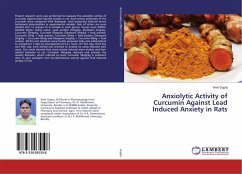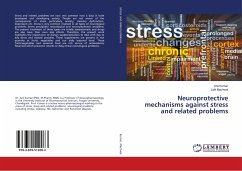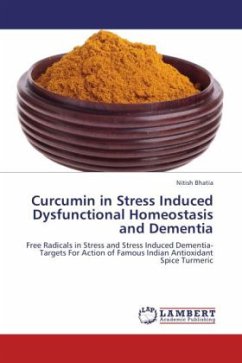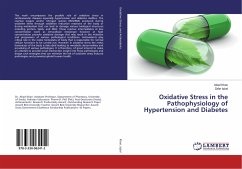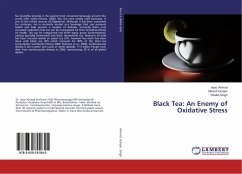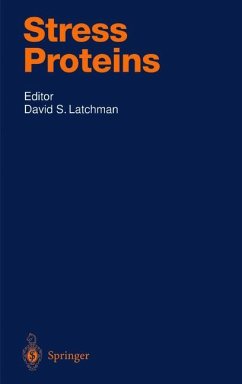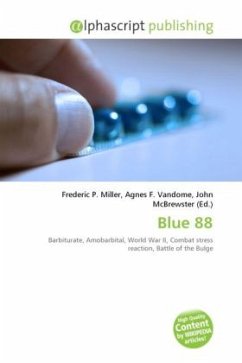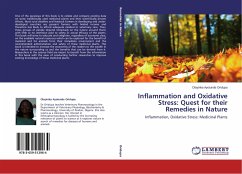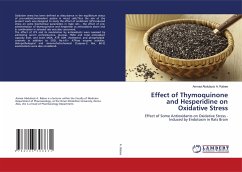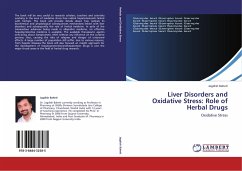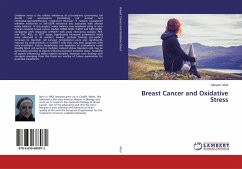
Breast Cancer and Oxidative Stress
Versandkostenfrei!
Versandfertig in 6-10 Tagen
58,99 €
inkl. MwSt.

PAYBACK Punkte
29 °P sammeln!
Oxidative stress is the cellular imbalance of pro-oxidants (promoting cell death) and antioxidants (facilitating cell survival and chemotharapy/radiotherapy resistance). However, it remains unexplored whether endocrine or anti-EGFR resistance also associates with altered redox balance. In this project, redox balance was examined using in vitro human resistant breast cancer models TAMR, FASR, X-MCF and NEW DUBS, comparing with responsive w/tMCF7 cells using microarray analysis, PCR, and TAC, ROS, or MTT assays. Significantly increased antioxidant levels were observed in all resistant models, pe...
Oxidative stress is the cellular imbalance of pro-oxidants (promoting cell death) and antioxidants (facilitating cell survival and chemotharapy/radiotherapy resistance). However, it remains unexplored whether endocrine or anti-EGFR resistance also associates with altered redox balance. In this project, redox balance was examined using in vitro human resistant breast cancer models TAMR, FASR, X-MCF and NEW DUBS, comparing with responsive w/tMCF7 cells using microarray analysis, PCR, and TAC, ROS, or MTT assays. Significantly increased antioxidant levels were observed in all resistant models, perhaps limiting pro-oxidant increases to maintain cell survival. Antioxidants were also significantly induced by antihormones in w/tMCF7 cells that may limit apoptosis with early treatment. Future deciphering and depletion of antioxidants could feasibly block cell survival in multiple resistant states. Resistant cells may be particularly sensitive to agents inducing excessive oxidative stress. Feasibility of agents influencing redox remains complex, However, new findings and concepts emerging from this thesis are worthy of future exploration for potential treatments.



